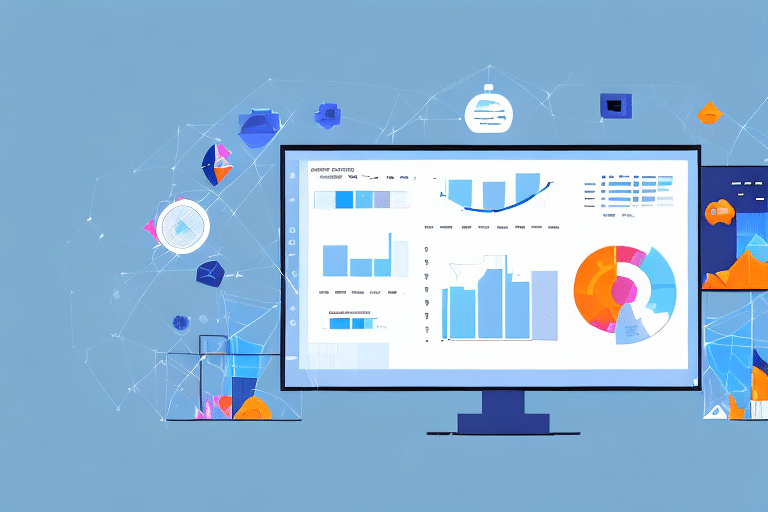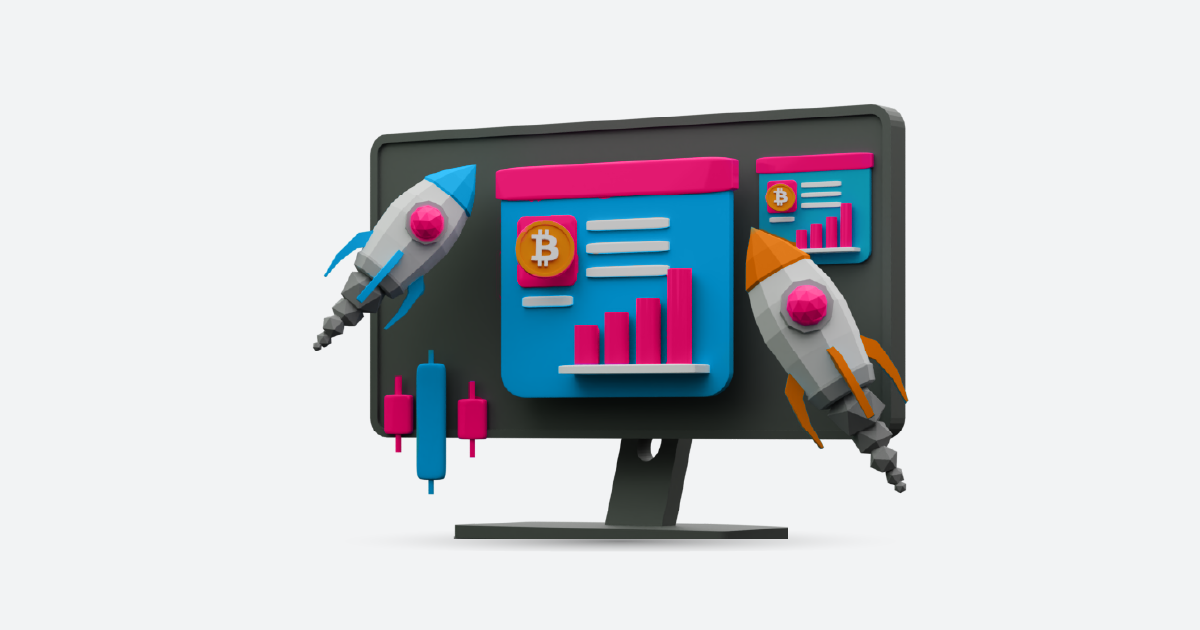In the fast-paced world of digital marketing, understanding the impact of your social media efforts is crucial. This brings us to the concept of social media reporting, a practice that involves tracking and analyzing data from your various social media channels. As businesses strive to connect with their audience online, the best social media reporting becomes a powerful tool for informed decision-making.
Best Social Media Reporting: Unlocking Insights for Success

Why Social Media Reporting Matters?
Social media reporting goes beyond vanity metrics; it provides actionable insights into the performance of your social media campaigns. Whether you are a small business or a large corporation, the data derived from reporting helps in assessing the effectiveness of your social media strategy, understanding your audience better, and ultimately boosting your online presence.
Key Metrics to Track in Social Reporting
In the realm of social reporting, there are several key metrics to keep a close eye on. From the engagement rate and reach to conversions and click-through rates, each metric offers a unique perspective on your social media performance. By monitoring these metrics, you gain a comprehensive understanding of what resonates with your audience and what areas need improvement.
Social Media Reporting Tools
To make the process more efficient, various tools are available for social media reporting. Platforms like Google Analytics, AIM Insights, and Buffer offer features that streamline data collection and presentation. Choosing the right tool depends on your specific reporting needs and the social media platforms you utilize.
How to Set Goals for Social Reporting
Before delving into the metrics, it’s essential to establish clear goals for your social reporting efforts. Are you looking to increase brand awareness, drive website traffic, or boost sales? Clearly defined goals provide a roadmap for your reporting strategy, making it easier to measure success and make data-driven decisions.
Understanding Social Media Analytics
Social media analytics involves interpreting the data gathered from your social media channels. This includes analyzing trends, identifying patterns, and understanding user behavior. Effective use of analytics enables you to tailor your content, posting schedule, and overall strategy to better resonate with your target audience.
Common Challenges
While social reporting offers valuable insights, it’s not without its challenges. Issues like data accuracy, attribution modeling, and the evolving algorithms of social platforms can pose obstacles. Addressing these challenges head-on ensures that your reporting remains accurate and actionable.
Best Practices for Effective Reporting
To maximize the impact of your social reporting, consider best practices such as setting realistic goals, focusing on relevant metrics, and maintaining consistency in reporting intervals. Regular, detailed reporting ensures that you stay on top of your social media game.
Comparing Different Social Media Platforms
Each social media platform has its unique dynamics, and reporting strategies should be tailored accordingly. Understanding the nuances of platforms like Facebook, Instagram, Twitter, and LinkedIn allows you to create targeted and effective reports for each channel.
The Role of Visuals in Social Reporting
In the age of information overload, visuals play a crucial role in conveying complex data. Integrating graphs, charts, and images in your reports enhances readability and makes the information more digestible for your audience.
Interpreting Social Media Data
Collecting data is just the first step; the real value comes from interpreting it. Analyze the trends, identify what resonates with your audience, and adjust your strategy accordingly. This iterative process ensures continuous improvement in your social media efforts.
Adapting Reporting Strategies to Changing Trends
The digital landscape is dynamic, with trends evolving rapidly. Social reporting strategies need to be flexible and adaptable to keep pace with these changes. Regularly assess your reporting methods and adjust them to align with emerging trends.
Tips for Improving Social Reporting Efficiency
Efficiency is key in the world of social reporting. Explore time-saving techniques, automate routine tasks, and stay updated on the latest reporting features offered by your chosen tools. This ensures that your reporting process remains streamlined and effective.
Conclusion
In conclusion, mastering social reporting is an essential aspect of successful digital marketing. By setting clear goals, tracking relevant metrics, and adapting to changing trends, businesses can unlock valuable insights that drive growth and engagement. Social media reporting is not just about numbers; it’s about understanding your audience and optimizing your strategy for maximum impact.
Ready to take your social media reporting to the next level? Request a demo from AIM Technologies and discover how our advanced reporting solutions can transform your digital marketing efforts.
FAQs
What are the most important metrics to track in social reporting?
- Metrics like engagement rate, reach, conversions, and click-through rates are crucial for a comprehensive analysis.
How often should I conduct social reporting?
- Conducting social reporting regularly, such as on a monthly or quarterly basis, helps in staying informed about your performance and making timely adjustments.
Can I use the same reporting strategy for all social media platforms?
- While there are common principles, it’s essential to tailor your reporting strategy to the unique dynamics of each social media platform.
What role do visuals play in social reporting?
- Visuals, such as graphs and charts, enhance the presentation of complex data, making it more accessible and engaging for your audience.
Is social reporting only for large businesses, or can small businesses benefit too?
- Social reporting is valuable for businesses of all sizes, providing actionable insights that can help small businesses grow their online presence.




